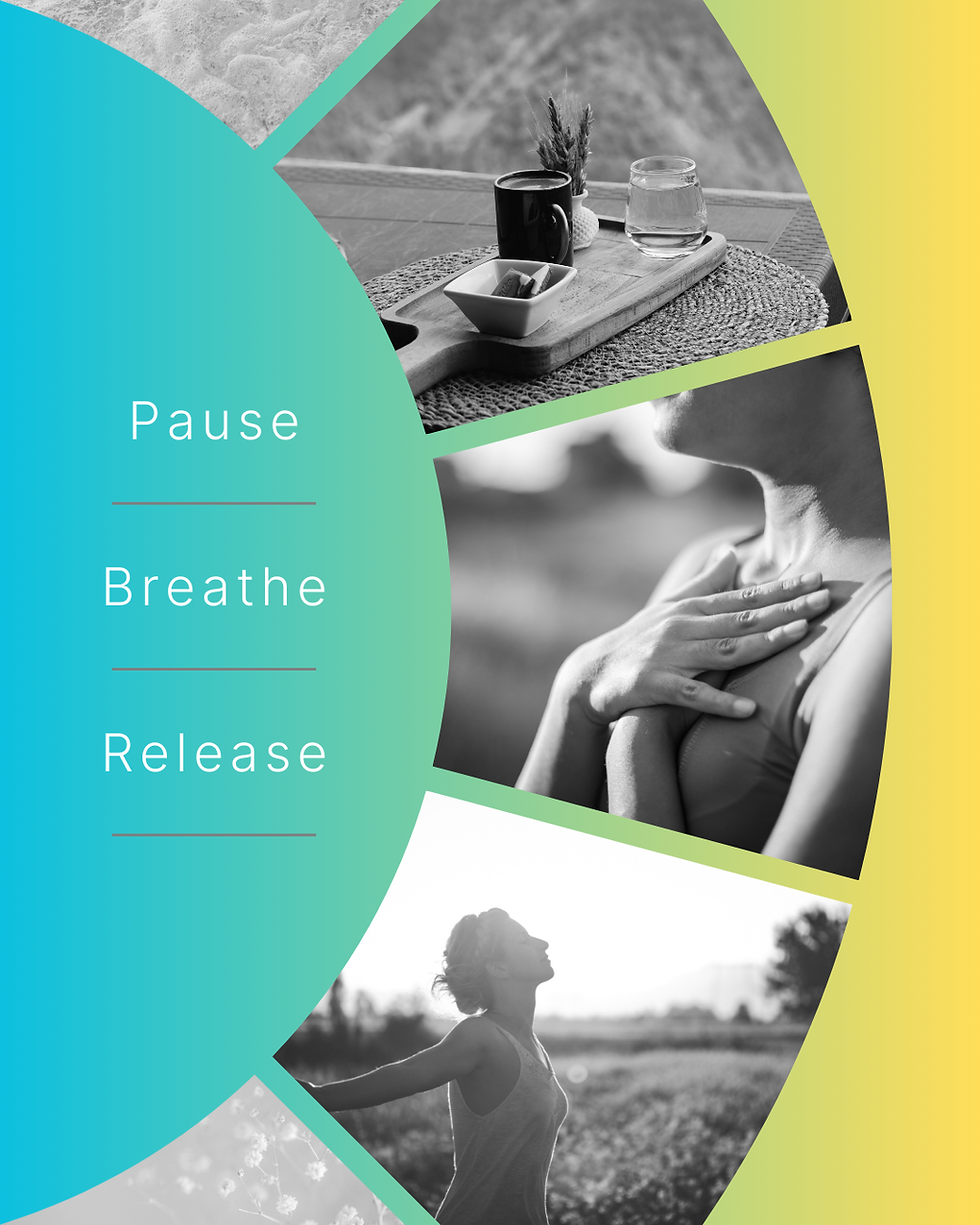The Truth About Energy Drinks
- Jennifer Heard
- Jan 12, 2017
- 3 min read
Energy drinks make you fly!Energy drinks are some of the most popular beverages consumed; with North Americans spending about $21 million dollars a year on them. It’s no wonder the drink manufacturers are toting impossible benefits while masking the detrimental effects.
With companies putting forth claims of mental alertness, enhanced physical performance and increased stamina while we are hearing reports of teens experiencing arterial fibrillation and myocardial infarctions; it’s hard to understand how these are one and the same. Let’s shed some light on the situation!
Energy Drinks are a New Science with Limited Research
Energy drinks sit on the line of food product and pharmaceuticals. With the recent increase of teens and young adults presenting with serious health problems post consumption of energy drinks there has been an inquiry to their safety. With some studies completed and more underway we are getting mixed reviews. An important note to consider when studying any consumable, researchers are not permitted to go above the recommend health safety limits. This is important when considering a product targeted to teens. Try telling any 16 year old not to do something or drink only 1!! No studies have been approved in consideration of energy drinks and alcohol due to a lack of safety. Hmmmm???
So why exactly are bars allowed to served these? Since researchers have not been allowed to complete trial studies they have resorted to monitoring bars. People who consume alcohol mixed energy drinks have greater impaired judgement and are more likely to take risks. Perceptions of limitations are distorted leading people to perform acts that they would not normally do. Now you may be thinking “well that’s just called being drunk” yes and no. The energy drinks mask the feelings of alcohol allowing people to drink beyond their limits, past the point where someone may begin to get sleepy. IN fact certain drinks are nicknamed “blackout in a can”.
Physical Effects
While some studies support enhanced physical performance, stamina and focus in athletes; we are presented with the same number of studies that show no signs of enhancement. What do we believe? One thing to consider: there is a difference from one product to another when we discuss the general we tend to lose sight of that. One study in particular compared women’s pro volleyball players with women’s recreational players. The pro players showed enhanced performance after consumption of a particular drink while the recreational women did not. The paper did not elaborate as to why this was the case. One theory is that pro-athletes understand how to make the best possible use out of every ounce of energy whereas the average person does not have this kind of training.
What’s worrying is that the average consumer does not adhere to the recommended daily limits and thus may experience the following physical reactions:
Cardiovascular Effects:
Arterial fibrillation which includes irregular heartbeat, blood clots, stroke and heart failure.
Myocardial infarction
Arterial dilatation
Aneurysm formation
Rupture of large arteries
Neurological
Anxiety
Insomnia
Muscle twitches
Restlessness
Caffeine induced anxiety
Violent behavior
Gastrointestinal
Reduced activity of healthy gut flora
Increased risk of obesity
Metabolic syndrome
Rise in blood glucose levels
This reads like a pharmaceutical drug information sheet! Which is exactly why the FDA and other governing bodies have decided to enforce limits on caffeine and other active ingredients.
Limits Without Monitoring
It’s a great start; enforcing upper limits on the energy drink companies. The problem comes in when the warnings are in tiny letters on the side of the box or cans and 1 can is a serving for the entire day. Many people, tweens to early 20’s mainly, are consuming these drinks like pop or juice. They are not treating them like a drug meant to be used in small doses now and then. These are a daily habit for far too many individuals! Caffeine is addictive! It is a substance to which the body builds a tolerance meaning you require more and more to feel the effects when taken daily.
What can we do about it?
As parents we need to educate and monitor! 13 is not too young to understand. Conversations are an important part of decision making. If we talk to kids without nagging or coming down on them we can provide them with the knowledge base to make appropriate decisions. Giving them the power to take responsibility for their health and actions.
Energy drinks need to be treated as an enhancement drug; because in reality that’s what they are. There are safer ways to increase energy! My top five are:
Get your B’s: fresh fruits and vegetables
Exercise
Get adequate sleep
Reduce carb consumption
Hydrate!



Comments